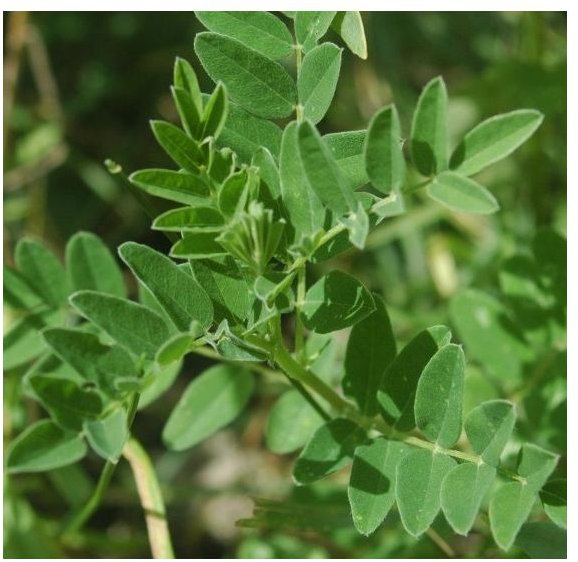Learn the Benefits of Astragalus Root
Benefits
The benefits of astragalus root have been known for a long time. For thousands of years, it has been used to treat viral infections in traditional Chinese medicine, including the common cold. It has been shown to increase white blood cells (WBCs) in individuals with leukopenia (a condition characterized by low WBCs) and, according to animal research, stimulate T-cell activity and other factors of the immune system. It appears especially useful in improving immunity function in patients undergoing chemotherapy or radiation.[1-3]
A recent study at the UCLA AIDS Institute says it is possible astragalus root may be a powerful weapon against the HIV virus (without the harmful side effects of prescription drugs).
Astragalus root is an adaptogen, meaning it increases the body’s resistance to fatigue, anxiety, stress, and trauma. It is said to help treat gastrointestinal disorders, including stomach ulcers, gas, bloating, and diarrhea. Other possible benefits include treating heart disease, high blood pressure, kidney diseases, respiratory infections, and asthma.
Locoweed
There are many species of astragalus but the one used for medical purposes is astragalus membranaceus. Another species of astragalus (astragalus lentiginosus - also known as locoweed) grows in the western part of the United States and should not be used. This species contains neurotoxins and is harmful to herbivores, mostly cattle and horses. It got its name locoweed (loco meaning “crazy” in Spanish) because of the behavior from the animals that consumed it.
Side Effects
Astragalus root has no known harmful side effects but it may interact with some medications, such as antiviral drugs, diuretics, and blood thinners. Anyone with a medical condition should consult with their doctor before taking. Astragalus root should not be taken by women who are pregnant or breastfeeding.
Using Astragalus Root
Astragalus root should be harvested when the plant is mature, about four years of age. To get the many benefits of astragalus, it can be taken internally or used topically to treat wounds.
• To prepare a cup of tea, pour 1 cup of boiling water over 1 tablespoon of dried root, cover, steep for 3-4 minutes, and strain.
• To make an ointment, use 10% dried root to 90% ointment base. Do not apply to open wounds.
• Astragalus root powder has a slight sweet taste to it and can be sprinkled over foods or mixed in with shakes or smoothies.
References
- [1] Singapore: World Scientific (1987), 1041-6
- [2] Immunopharmacol 20 (1988): 225-33
- [3] J Clin Lab Immunol 25 (1988): 119-29
Photo Credit
Image courtesy of https://commons.wikimedia.org/wiki/File:Astragalus_membranaceus.jpg
Disclaimer
Please read this disclaimer regarding the information contained within this article.
